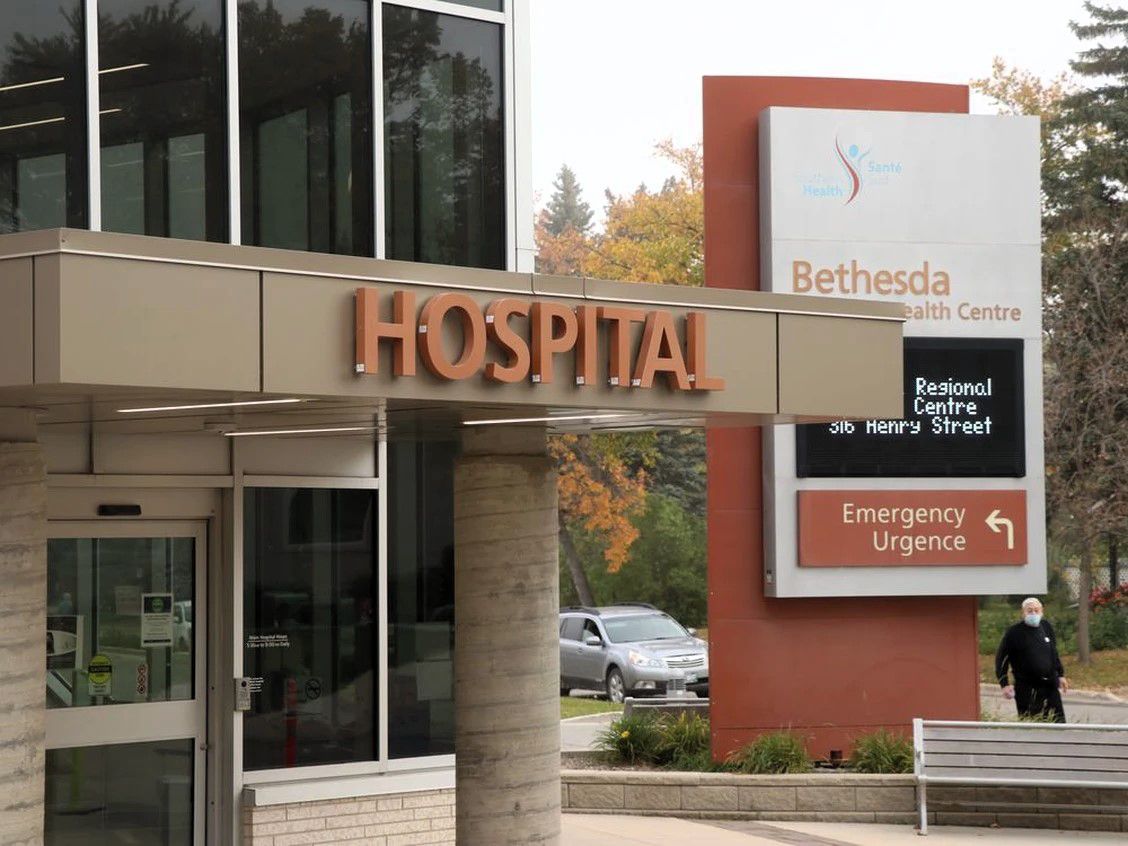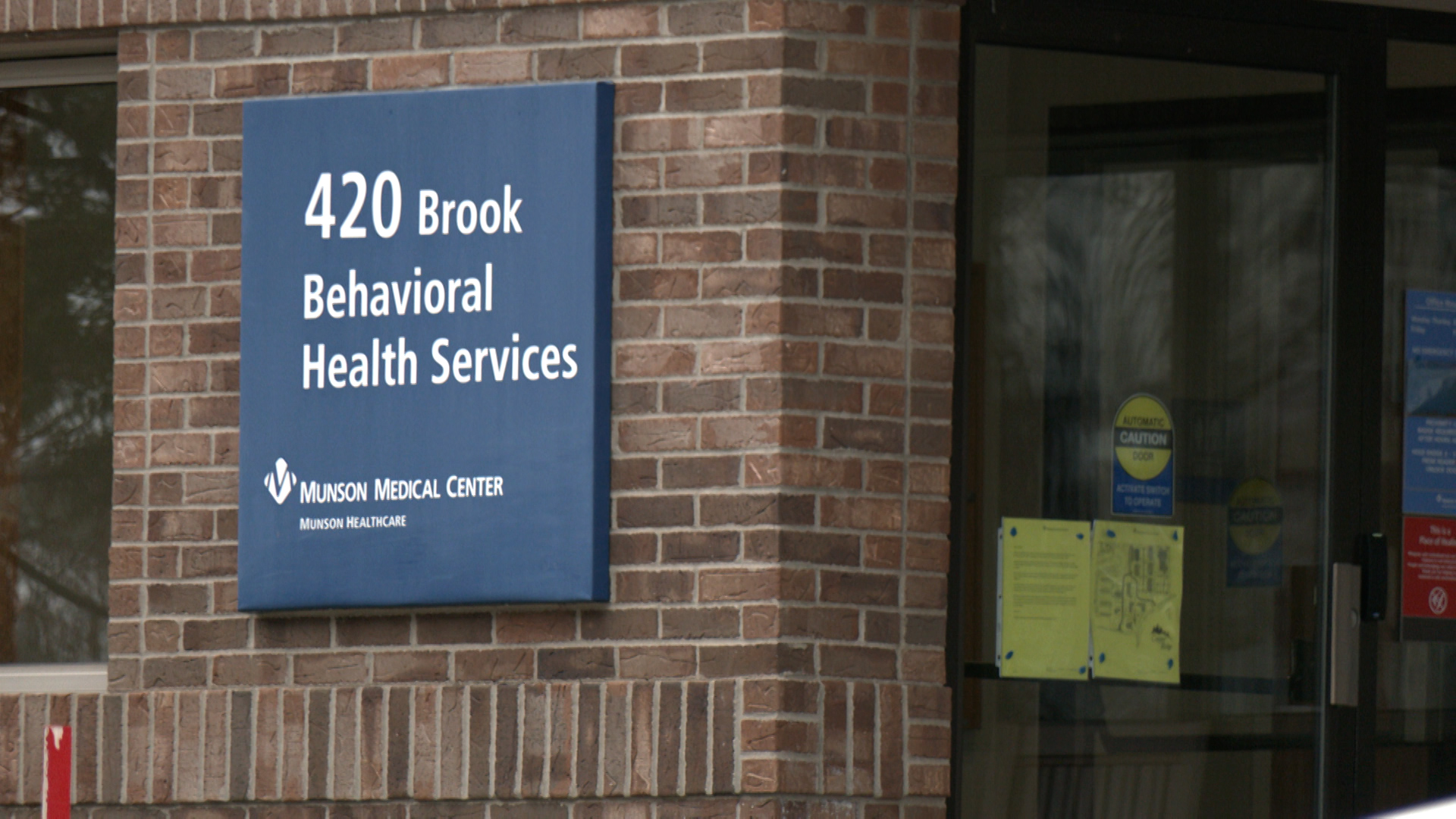London STI Crisis: Vital Sexual Health Clinic Closure Sparks Fears Amidst Rising Infections

London is facing a growing sexual health crisis, with alarming rates of sexually transmitted infections (STIs) reported across several boroughs. Despite this urgent need, a crucial sexual health clinic has been axed, raising serious concerns among public health officials and residents. This decision comes as data reveals Hackney, Lambeth, and Southwark are London’s STI hotspots, experiencing infection rates significantly higher than the national average.
Alarming Statistics: London's STI Hotspots
According to the UK Health Security Agency (UKHSA), Hackney, Lambeth, and Southwark consistently top the list for STI prevalence in the capital. Each of these boroughs reports a staggering rate of at least 2,500 cases per 100,000 residents. To put this into perspective, this means a significant proportion of the population is grappling with STIs, placing immense strain on healthcare services and impacting individual well-being.
The City of London, while slightly lower, still registers a concerning rate of 2,422 cases per 100,000 residents, highlighting a widespread issue affecting various areas of the city. These figures underscore the critical importance of accessible and comprehensive sexual health services.
The Clinic Closure: A Step Backwards?
The recent closure of a vital sexual health clinic in [Specify Location/Borough - if known] has been met with widespread criticism. This clinic provided essential services, including testing, treatment, and counselling, particularly for vulnerable populations who may face barriers to accessing healthcare. The loss of this resource will undoubtedly exacerbate the existing STI crisis, potentially leading to increased transmission rates and long-term health complications.
Public health experts are warning that the closure is a short-sighted decision that will ultimately cost the NHS more in the long run. Increased STI rates can lead to serious health issues, including infertility, chronic pain, and an increased risk of certain cancers. Furthermore, untreated STIs can be passed on to partners and future generations, perpetuating the cycle of infection.
Why the Closure? And What Now?
While the specific reasons for the clinic's closure remain unclear [mention if there’s more information available – funding cuts, restructuring etc.], the timing could not be worse. Calls are growing for the local authorities and NHS to urgently reconsider this decision and explore alternative solutions to maintain access to sexual health services in these affected areas.
Alternatives being suggested include mobile clinics, increased outreach programs, and partnerships with existing healthcare providers. It's crucial that Londoners have access to timely and confidential testing and treatment to prevent the spread of STIs and protect their health.
Looking Ahead: Prevention and Awareness are Key
Beyond addressing the immediate impact of the clinic closure, there’s a need for a broader public health strategy focused on STI prevention and awareness. This includes promoting safe sex practices, increasing access to condoms, and educating young people about the risks of STIs. Open and honest conversations about sexual health are essential to breaking down stigma and encouraging people to seek help when needed.
The situation in London serves as a stark reminder of the ongoing challenges facing sexual health services and the importance of prioritising public health initiatives to protect the well-being of communities.





